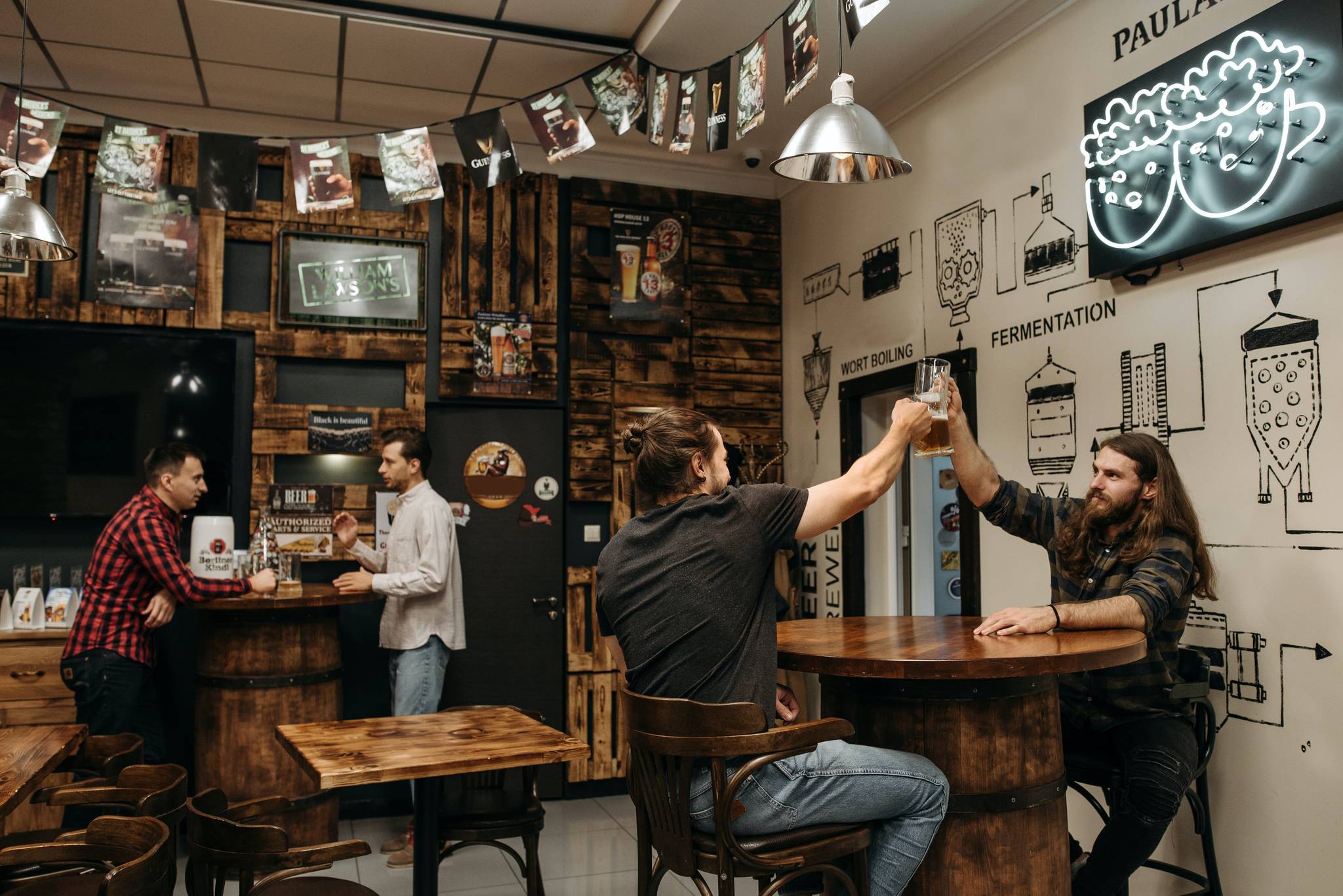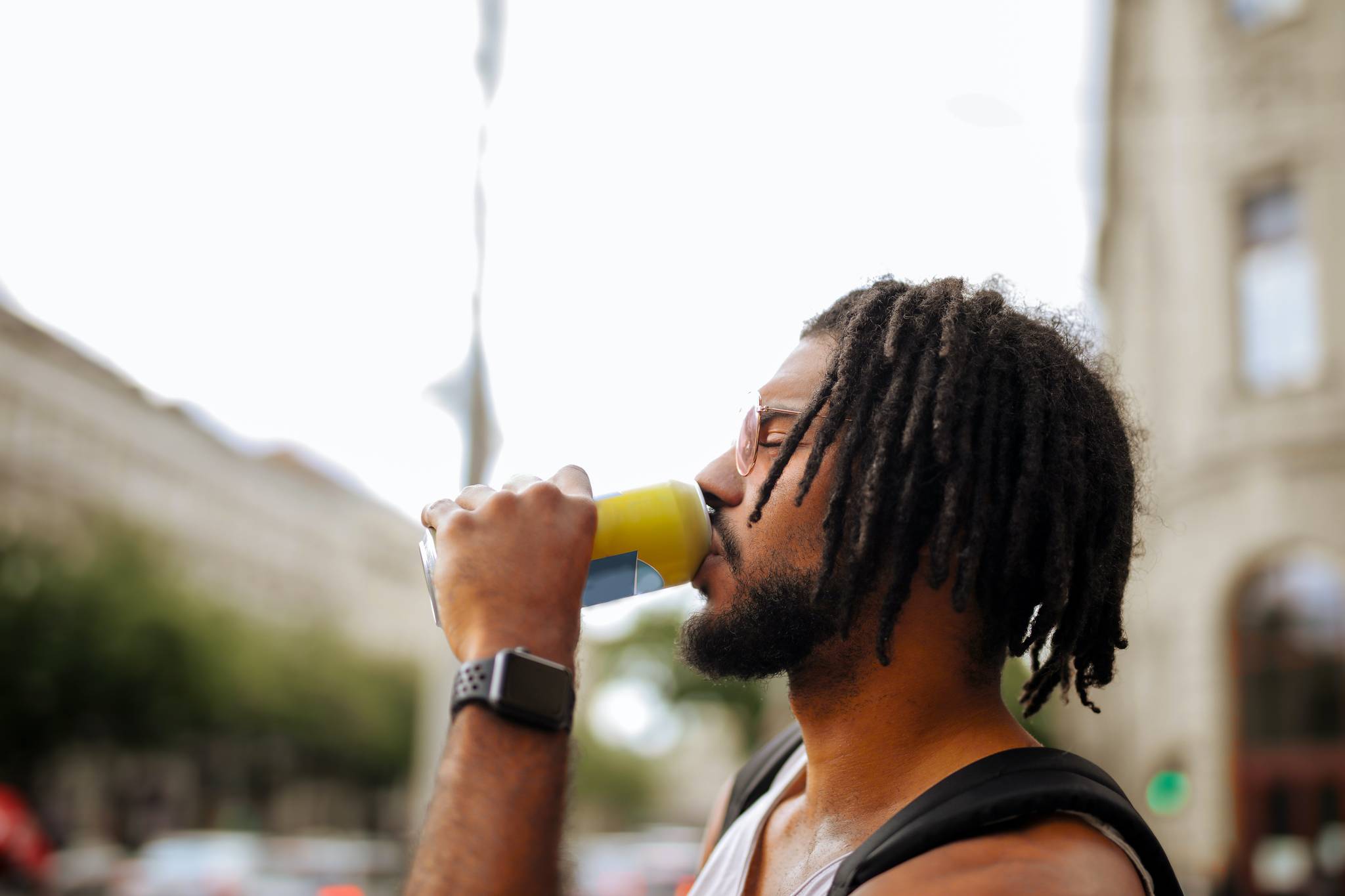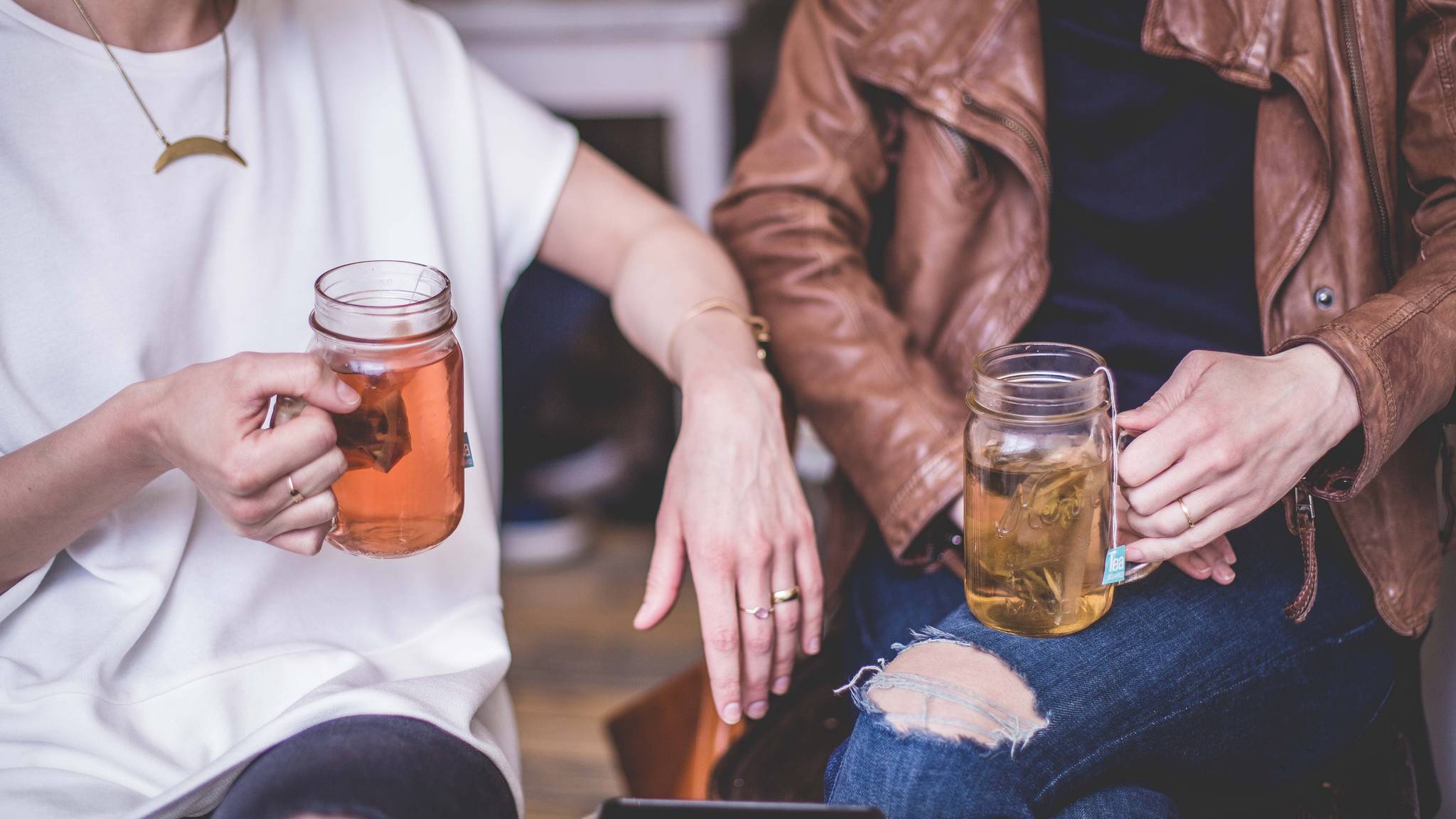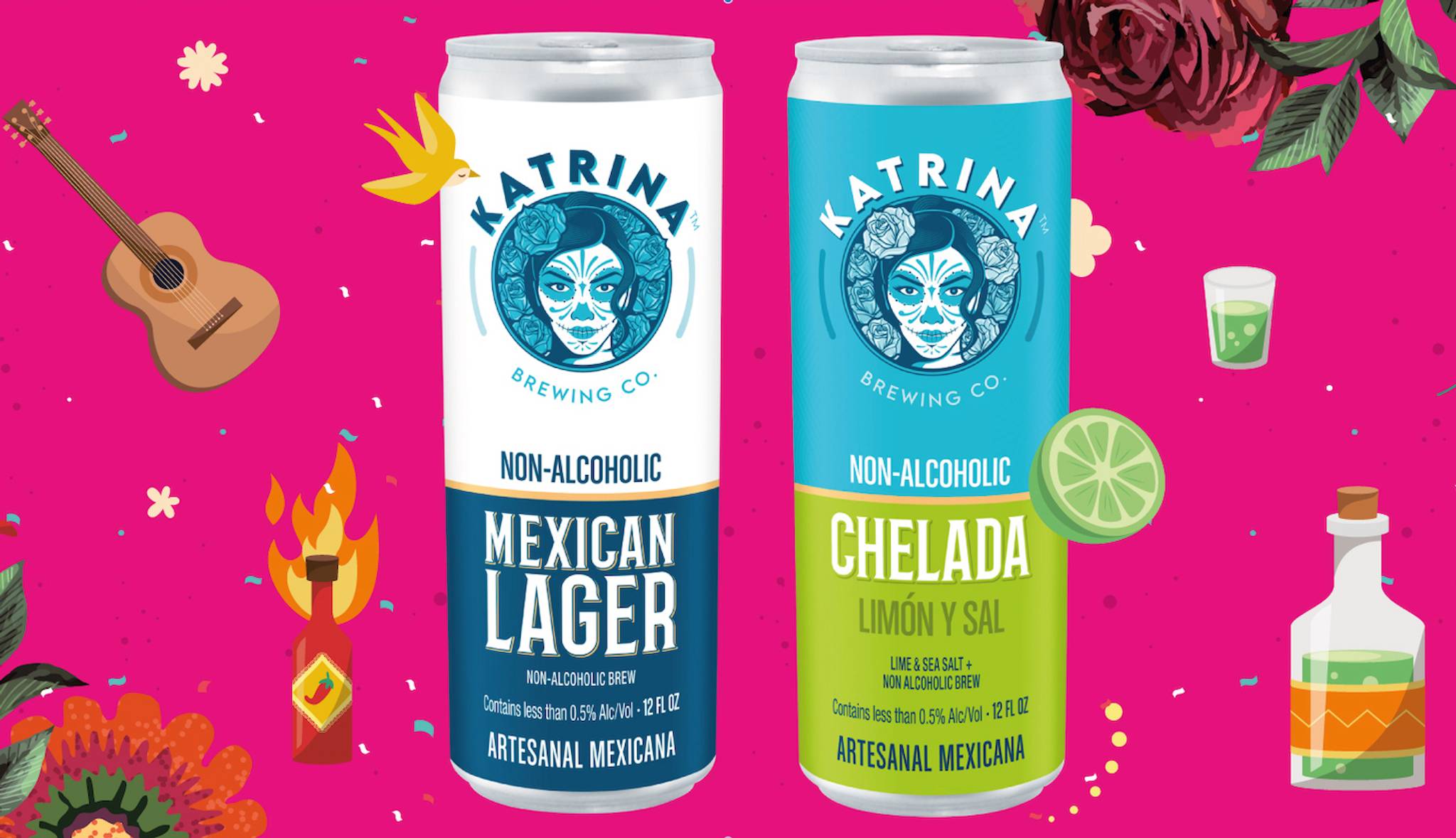
As people try to balance their health with fun and enjoyment while resisting the pressures and performance aspect of wellness culture, they are redefining what social drinking can be. Alcohol-flexibility is on the rise and new social spaces are emerging that better align with this behavioural shift.
In London, England, Lucky Saint is opening a pub for those looking to explore the world of zero-proof beer and alternative beverages. The pub will serve both alcoholic and non-alcoholic drink options as well as a revamped food menu, and it has received £10 million in funding to expand its products to European markets and elevate its reputation as an independent non-alcoholic beer company.
Research from Alcohol Change UK, the charity behind Dry January, showed that almost 9 million people in the UK planned to abstain from alcohol consumption in January 2023. And in the US between August 2021 and August 2022, total dollar sales of non-alcoholic drinks stood at $395 million showing a year-on-year growth of +20.6%.
The sober curious movement is gaining traction that extends beyond the month of January, reflecting a consumer shift in the way people evaluate their relationship with alcohol and the impact it has on their lifestyle. Functional drinking has emerged as a way to boost mental and physical wellbeing, and no-alcohol and low-alcohol drinks are reaching audiences increasingly drawn to sober choices.



